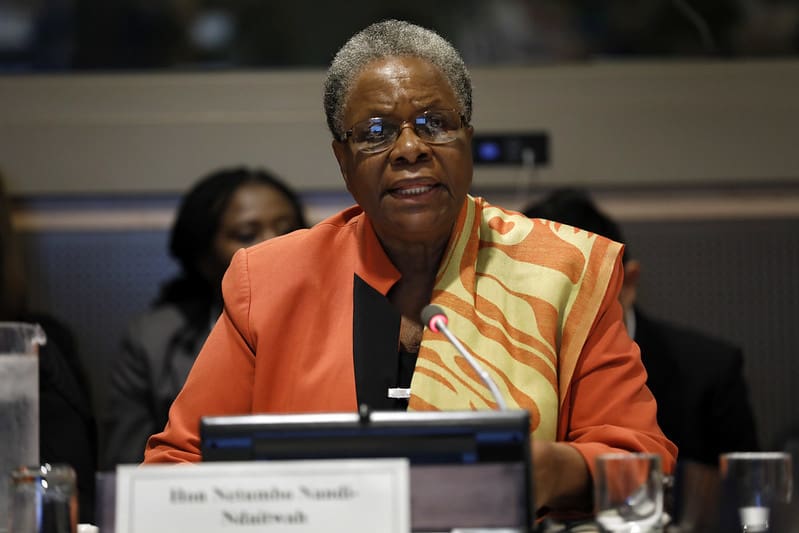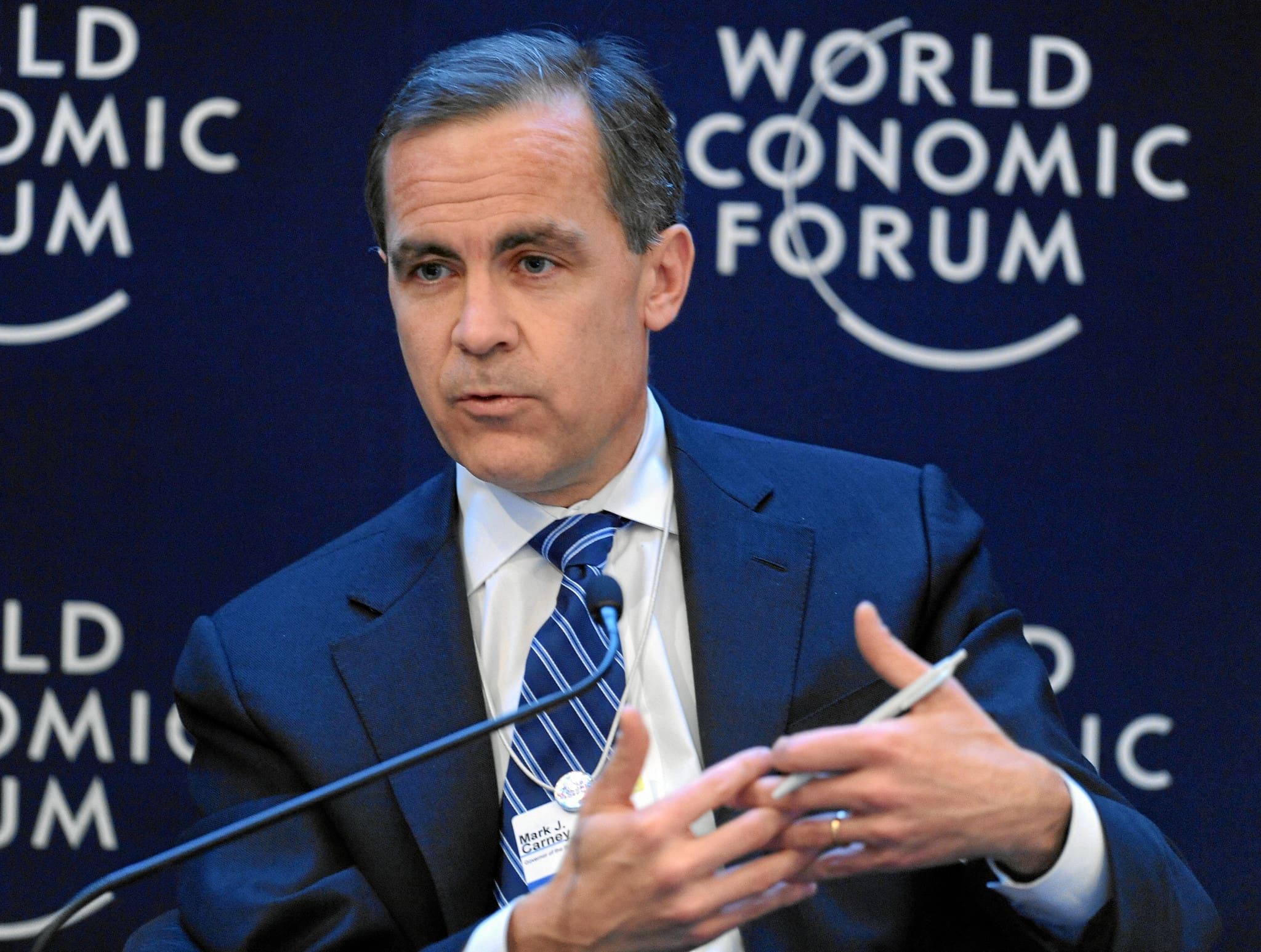History has been made in Namibia as Netumbo Nandi-Ndaitwah becomes the country’s first female president following a hard-fought election marred by logistical chaos and opposition disputes. With this election victory, she joins a small but powerful group of women who have stepped into the highest offices in Africa.
New Profile Pic #ThankYouNamibia pic.twitter.com/8AJR8Em5mR
— H.E Dr Netumbo Ndemupelila Nandi-Ndaitwah (@VPSWAPO) December 3, 2024
Nandi-Ndaitwah’s ruling South West Africa People’s Organisation (SWAPO) party retained its 34-year grip on power, securing 57% of the vote, the Electoral Commission of Namibia (ECN) announced on Tuesday.
Nandi-Ndaitwah, 72, is no stranger to breaking barriers. A veteran of Namibia’s liberation struggle and a steadfast figure in SWAPO since independence in 1990, her ascent to the highest office is a triumph for gender equality in Africa, where women are still underrepresented in political leadership. But her victory comes amid controversy, with the opposition Independent Patriots for Change (IPC) rejecting the results and alleging widespread irregularities.
The elections, initially held on 27 November, faced logistical chaos: ballot shortages, equipment failures, and hours-long voting delays resulted in the elections being stretched across three days.
The IPC’s Panduleni Itula, Nandi-Ndaitwah’s closest challenger with 25.5% of the vote, has vowed to challenge the results in court. “This election has violated the very tenets of our Electoral Act. Namibians deserve the right to choose their leaders freely and fairly, not through a rigged process,” said Itula, accusing the ECN of disenfranchising thousands of Namibians.
Despite these disputes, ECN chairperson Elsie Nghikembua called for unity, “elections are competitive by nature, but democracy calls upon us to unite once the votes have been counted,” she said on Tuesday night.
While SWAPO retained its majority in both the presidential and parliamentary elections, its grip on power is undeniably weakening. The party’s parliamentary seats fell to 51, just above the 49 needed for a majority, down from 63 in the previous assembly. This follows a regional trend (witnessed in South Africa’s national elections this past May) where liberation-era parties face mounting pressure from younger generations frustrated by high unemployment and inequality.
In a brief victory speech last night, Nandi-Ndaitwah emphasised the importance of unity and youth empowerment. “Namibians have voted for peace and stability,” she said, pledging to deliver on campaign promises, including job creation through economic diplomacy.
“The Namibian nation has voted for peace and stability”
— newZWire (@newswireZW) December 4, 2024
Netumbo Nandi-Ndaitwah of the ruling SWAPO party, accepts her win. She won the Presidential election with 57% of the vote (638, 560 votes).
Her closest challenger, IPC’s Panduleni Itula, a former SWAPO official, won 26%… pic.twitter.com/mSrcwftU4l
Her win also places Namibia among the select few African nations led by women.
Here’s a look at some of Africa’s trailblazing women heads of state:
- Samia Suluhu Hassan (Tanzania, 2021–present): Tanzania’s first female president took office following the sudden death of her predecessor. Known for her calm and pragmatic leadership, Hassan has focused on economic reforms and international diplomacy.
- Ellen Johnson Sirleaf (Liberia, 2006–2018): The first elected female head of state in Africa, Sirleaf led Liberia’s recovery after years of civil war. Her work earned her a Nobel Peace Prize in 2011.
- Joyce Banda (Malawi, 2012–2014): Banda stepped up during a political crisis and used her time in office to champion women’s rights and education.
- Ameenah Gurib-Fakim (Mauritius, 2015–2018): A scientist by trade, Gurib-Fakim became Mauritius’s first female president, focusing on innovation and sustainability.
Namibia’s first female president has made history. Now, the nation watches to see if she can also make progress.
Emma is a freshly graduated Journalist from Stellenbosch University, who also holds an Honours in history. She joined the explain team, eager to provide thorough and truthful information and connect with her generation.




